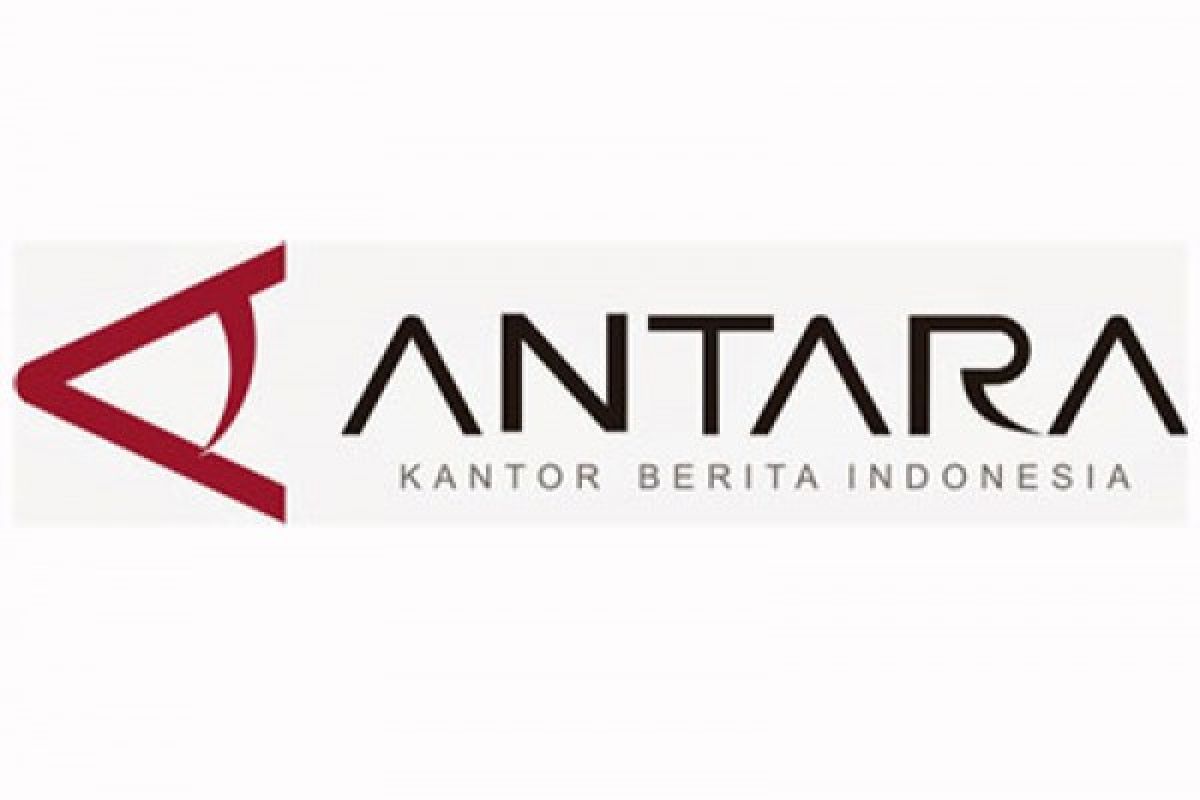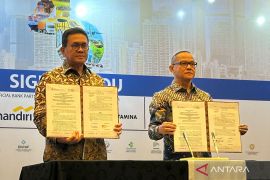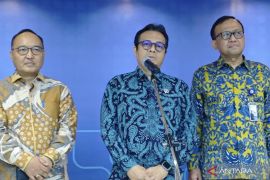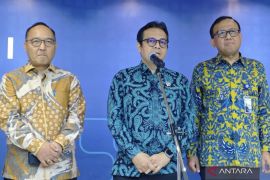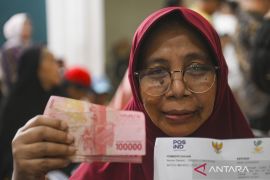Director of Export Cooperation Development from the Ministry Marolop Nainggolan stated that Indonesian organic products have a large potential to compete in the international market, and that they needed to be sustained by an appropriate marketing strategy.
"It is hoped that the industry makers can boost the export of such products in the international market," he said in a written statement received here, Friday.
He made the statement during a seminar titled `The Marketing of Indonesian Organic Products`, in which stakeholders also had the opportunity to conduct discussions and observe the best approaches in ensuring Indonesia`s organic products are highly sought after by global consumers.
The products with the highest export potential include rice, coffee, honey, chocolate, cashews, coconut sugar, coconut oil, shrimps, tea and vanilla.
Attended by over 70 participants, the seminar was attended by a number of governmental instances, organic product associations and a number of businesses in the organic products sector.
The topics discussed at the seminar included efforts to develop Indonesian organic products on the global stage, as well as the expansion of the products themselves.
The large potential of organic products in Indonesia is marked by the increasing number of farmers managing organic farming from year to year, the increase in organic produce stores in supermarkets and restaurants, and the rise in the number of organizations dealing with organic lifestyle, as well as the establishment of various Organic Certification Institutions (LSOs).
Based on the records from the Ministry of Trade, the world`s organic products market grew rapidly in the last 10 years. By 2018, the market is expected to reach 161.5 billion US dollars with a growth rate of 15 percent per year. In 2016, the market was worth 93.1 billion US dollars.
The five major producing countries include India, Uganda, Mexico, Ethiopia, and the Philippines, while the three main market countries of organic products are the United States, Germany, and France.
Some developing countries have started to promote organic products because they benefit producers and consumers.
"In addition, consumers are also more appreciative of organic agricultural products than non-organic products, which should be utilized by entrepreneurs to enter the export market," said Nainggolan.
Reported by Vicki Febrianto
(UU.KR-ARC/INE]
(UU.KR-ARC/A/KR-BSR/A014)
Reporter: antara
Editor: Heru Purwanto
Copyright © ANTARA 2018
